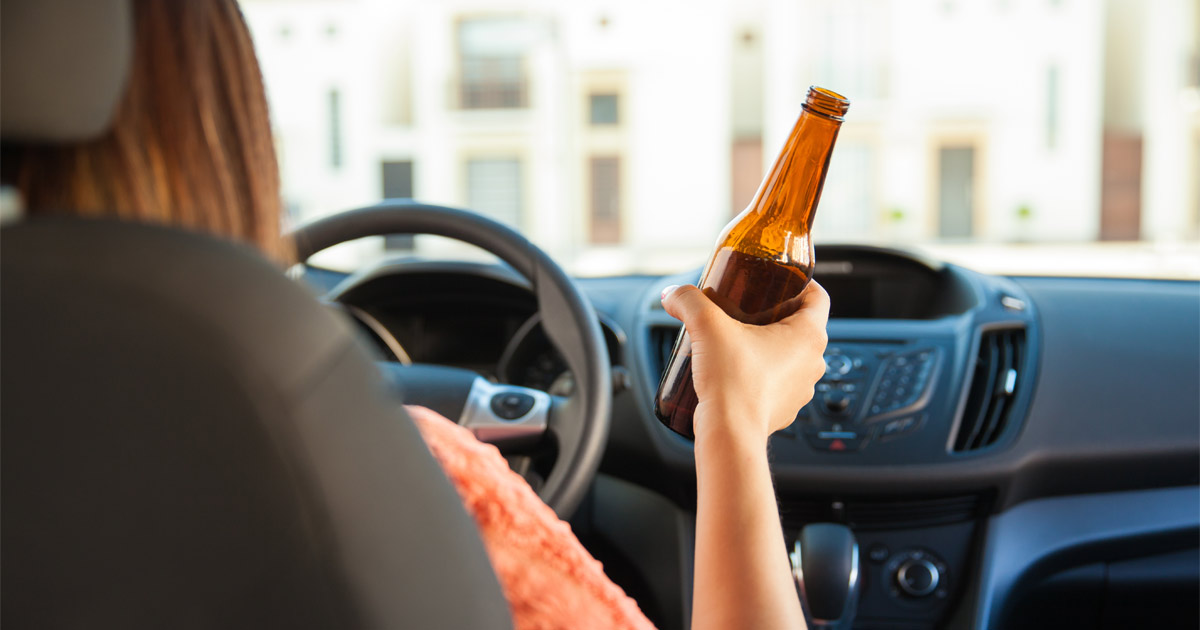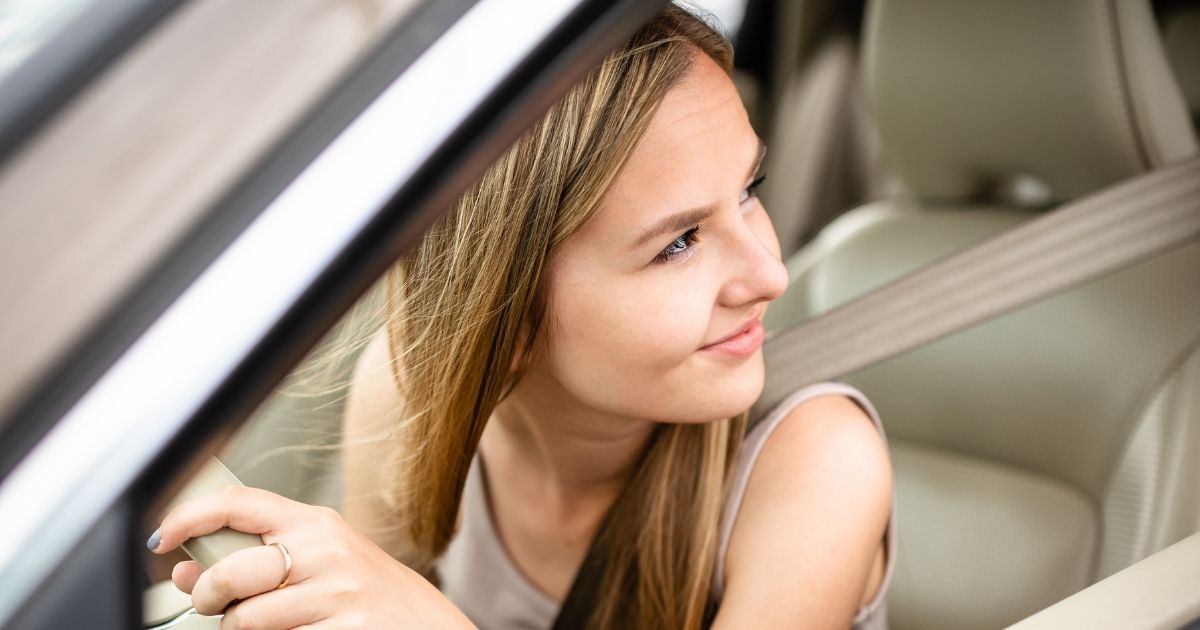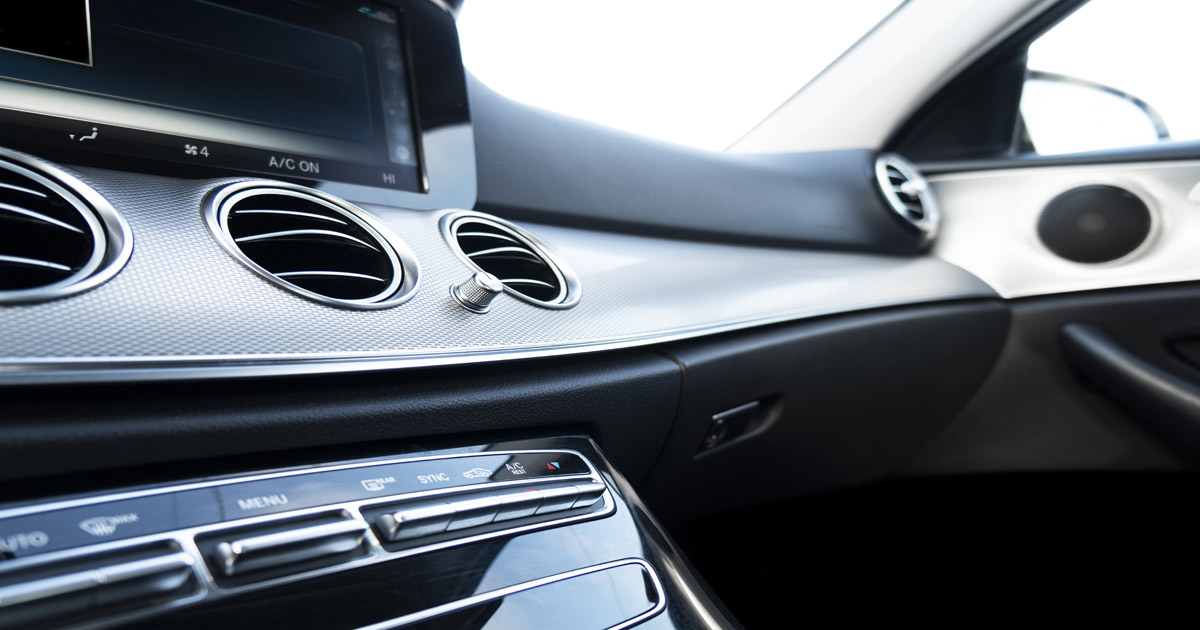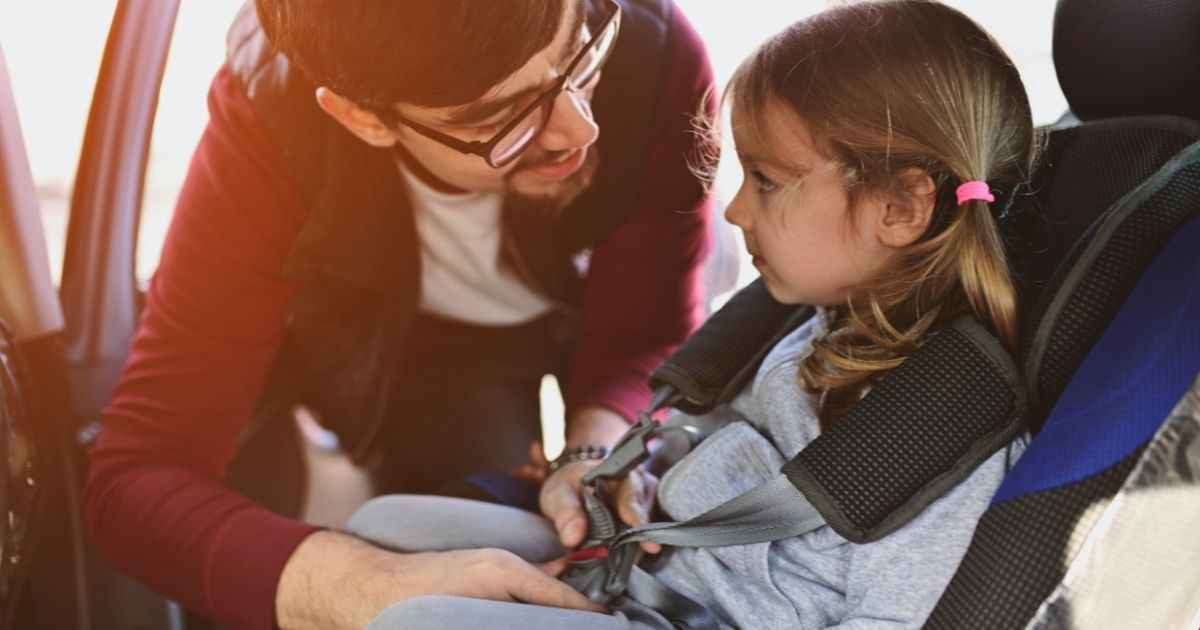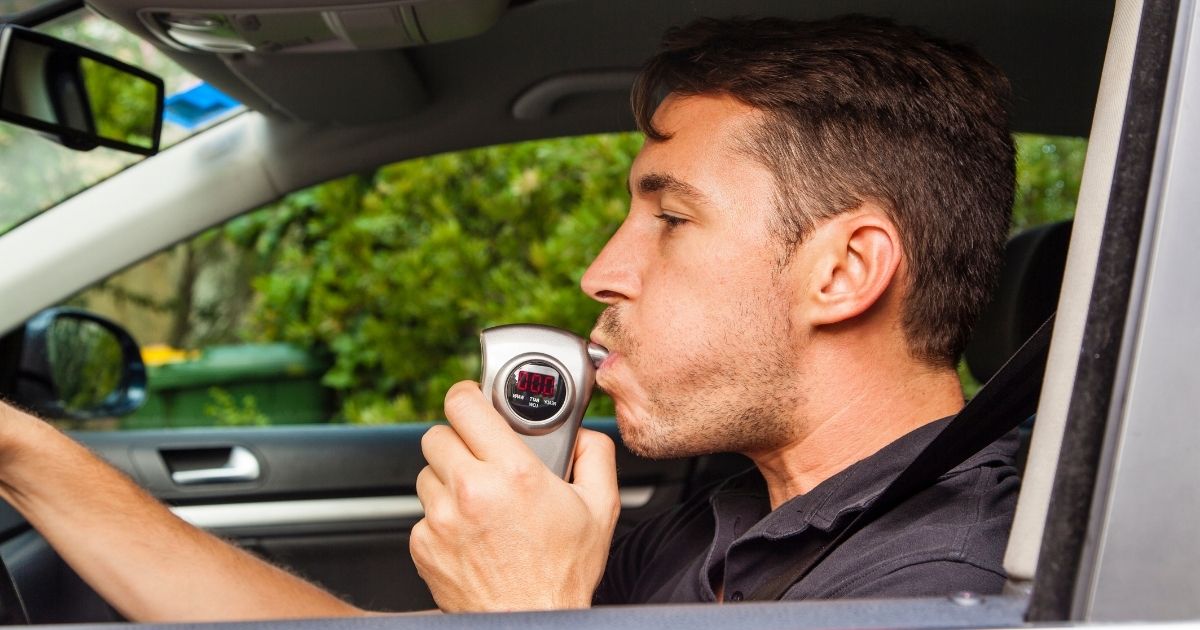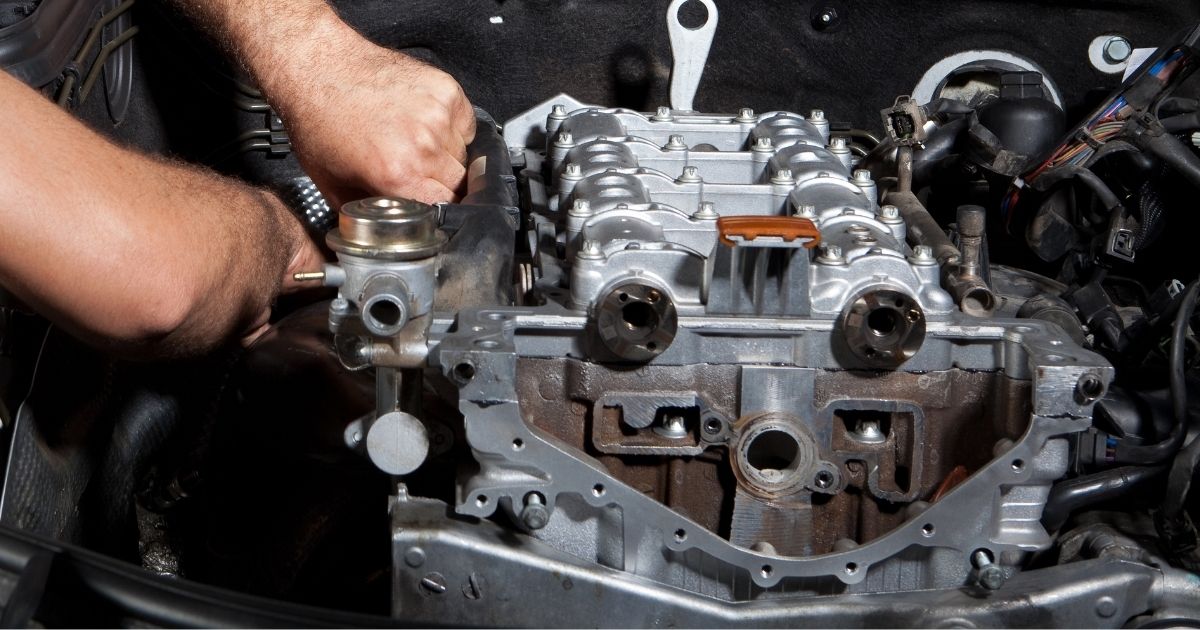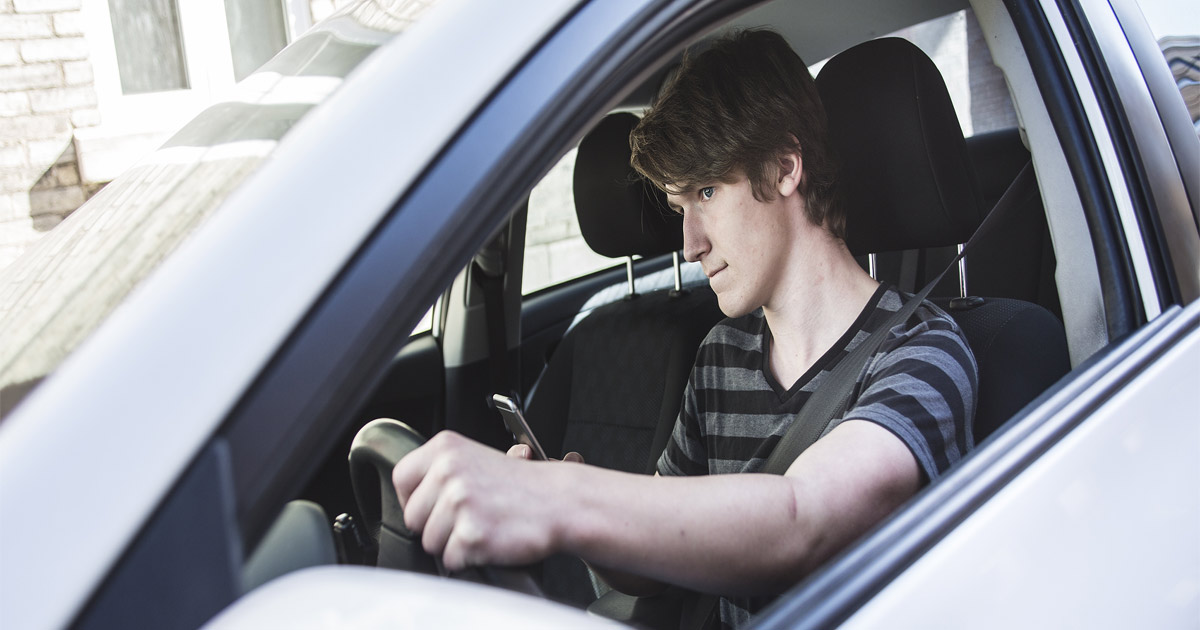Do Drunk Driving Accidents Increase in the Summer Months?
The summer is fully underway, with many of us spending time with families and friends enjoying vacations, travelling to the beach, graduation parties, or other fun celebrations. With all the free time and excitement, it is not uncommon for people to relax with drink, but there are those that are irresponsible and partake in drunk driving, making the summer season the most dangerous time of year with driving under the influence (DUI) car accidents.
The summer has some of the most celebrated and popular holidays: Memorial Day, the Fourth of July, and Labor Day. With millions of travelers packing the roads during these holidays and the weeks leading up, the chances of getting into a car accident is already increased. Combining that with alcohol consumption, it is no wonder that the summer season is so dangerous with drunk drivers. In fact, according to the National Highway Traffic Safety Administration (NHTSA), there are more drunk drivers involved in fatal crashes during the months of May, June, and July than any other time of the year. Additionally:
- The NHTSA found that the number of drunk driving accidents double during the summer months compared to all other months combined.
- The Centers for Disease Control and Prevention (CDC) found that there is an average of 29 deaths in drunk driving accidents per day, or one death every 50 minutes.
- The three of the five most dangerous holidays involving DUI fatalities are in the summer. The five holidays are: New Year’s Day, Fourth of July, Thanksgiving, Labor Day, and Memorial Day. On Independence Day, you have a 78 percent higher-than-average risk to be killed in a drunk driving accident. For Labor Day and Memorial Day, you have a 54 percent and 50 percent higher-than-average risk, respectively.
- The deadliest days of the week for DUI-related accidents occur on Saturday and Sunday, with Tuesday being the least dangerous. Almost 25 percent of weekly DUI accidents occur on Saturday, while Sunday sees 21.5 percent of DUI accidents. Sunday is second to Saturday, mainly because DUI accidents happen more frequently between the hours of midnight and 3 a.m.
- The projected most dangerous week of 2022 is Independence Day week, where DUI accidents are expected to increase. The second most dangerous week of 2022 is projected to start on August 8th, with the third being the week before starting August 1st. This is because these are the weeks when summer travel is expected to be at its highest.
- The NHTSA found that about 27 percent of drunk drivers are between the ages of 21 and 24, while males are more likely to drive drunk compared to females.
- The months of June, July and August are also considered the most dangerous for teenage drivers, not only because of their inexperience behind the wheel, but because they also engage in underage drinking.
Protecting Yourself from Drunk Drivers
In order to protect yourself from drunk drivers, it may be helpful to understand what happens to the body when consuming alcohol, as well as recognizing who may be under the influence. Alcohol impairs judgement and can cause hazardous behavior behind the wheel. Even one drink can impair someone’s ability to drive, particularly their ability to multitask and stay focused. It can also reduce the ability to track moving objects or can lead to visual impairment. Alcohol consumption can also cause:
- Decreased muscle control
- Delayed reaction times
- Drowsiness
- Loss of coordination and balance
- Short-term memory loss
- Slower thinking
- Slurred speech
If you plan on travelling during the summer, here are a few tips to help protect yourself and your family from drunk drivers:
- Wear your seat belt: Always wear your seat belt, even on short trips. Seat belts have repeatedly been proven to save lives in a crash, and is the best defense in any car accident, not just DUI-related accidents. Make sure that children are in their properly fitted car seat and that they are restrained fully. You and everyone else in your vehicle should be wearing their seatbelts no matter what.
- Defensive driving: Defensive driving helps keep you and others safe, particularly if you suspect a driver nearby you is drunk. Keep your distance from their vehicle especially if they are swerving, and if they are driving aggressively, move to the right lane and let them pass you. If you notice a vehicle heading towards you, pull to the right and stop, honk your horn, and flash your lights to alert them.
- Avoid driving at night: The majority of DUI-related accidents, as well as fatal crashes, happen at night, particularly between the hours of midnight and three a.m. With lower visibility, it is already difficult to drive safely at night, and with drunk drivers lurking about, the chances of an accident increase. Stay home at night whenever possible.
- Be alert: Another aspect of defensive driving is being alert and trying to anticipate the moves of other drivers. Be extra cautious in areas where a drunk driver could make a mistake, such as at a stop sign or an intersection. Before crossing an intersection, make sure the way is clear even if you have the green, and if you do see someone approaching, be sure that they come to a stop before crossing.
- Plan ahead: If you do decide to go out and have a few drinks, please do so responsibly and plan your way home ahead of time. Have a designated driver who is not drinking ready to go or use a taxi or a ridesharing app like Uber or Lyft to get you home safely. Never assume someone who had even one drink is sober enough to drive home.
- No distractions: Driving without distractions keeps you safe and your eyes on the road, especially at night when your attention needs to be on safety. Distracted driving is just as dangerous as drunk driving and is a leading cause of car accidents in the country. Put your phone away and always keep your attention on the road.
Common Injuries Caused by Drunk Drivers
There is a myriad of injuries that a drunk driver can cause, some permanently disabling or even deadly. The most common DUI-related injuries include:
- Broken and fractured bones
- Burns
- Crushing injuries
- Cuts and lacerations
- Death
- Internal organ damage
- Neck, back, and shoulder injuries
- Soft tissue injuries
- Spinal cord injuries or paralysis
- Traumatic brain injuries (TBI)
If you have been in an accident involving a drunk driver, then it is likely that you have suffered any one of these injuries or more. You may be able to seek financial compensation by filing a lawsuit, which could cover:
- Disability, disfigurement, or scarring
- Lost wages and ability to earn income
- Medical expenses, hospitalization, and treatments
- Pain and suffering
- Property damage
- Wrongful death
DUI Penalties in Georgia
There are many penalties you would face in the state of Georgia if you were charged with a DUI-related offense. Not only are they monetarily, but they could also be lifelong, especially if a drunk driving accident severely injured someone or took a life. Some potential penalties for a first DUI charge include:
- One year probation
- A minimum fine of up to $300, plus court costs
- Between one to ten days in jail
- 40 hours of community service
- Substance abuse counseling
- Driver’s license suspension
A second or third DUI charge in Georgia can mean up to 36 months of probation, up to five years of driver’s license suspension, up to 12 months in jail, and other substantial penalties. Four-time DUI offenders face more severe penalties, such as felony charges, 10 years of suspended license, up to five years in prison, and more.
Springfield Car Accident Lawyers at Kicklighter Law Help Victims of Drunk Driving Receive Compensation for their Damages
If you have been injured in an accident with a drunk driver, you may be entitled to further compensation. Contact our Springfield car accident lawyers at Kicklighter Law today. Call us today at 912-754-6003 or fill out our online form for a consultation. With our offices located in Springfield, Georgia, we proudly serve all clients of Springfield, Effingham County, Savannah, and surrounding areas.

